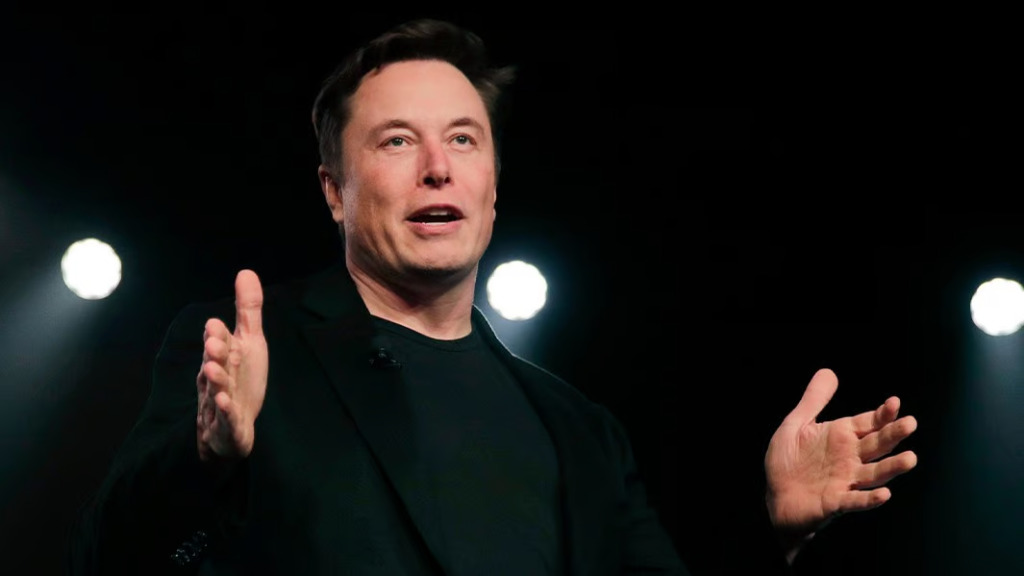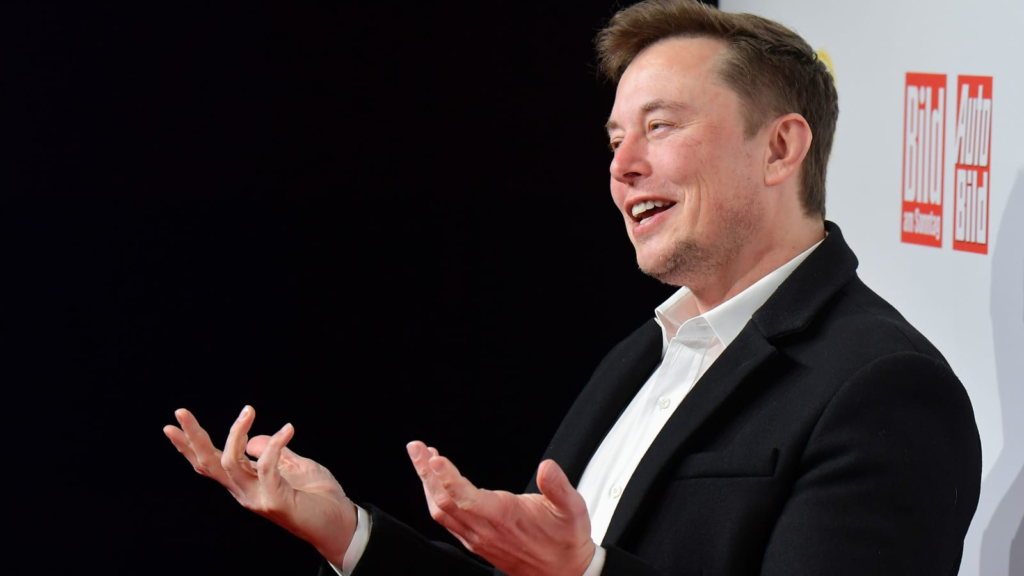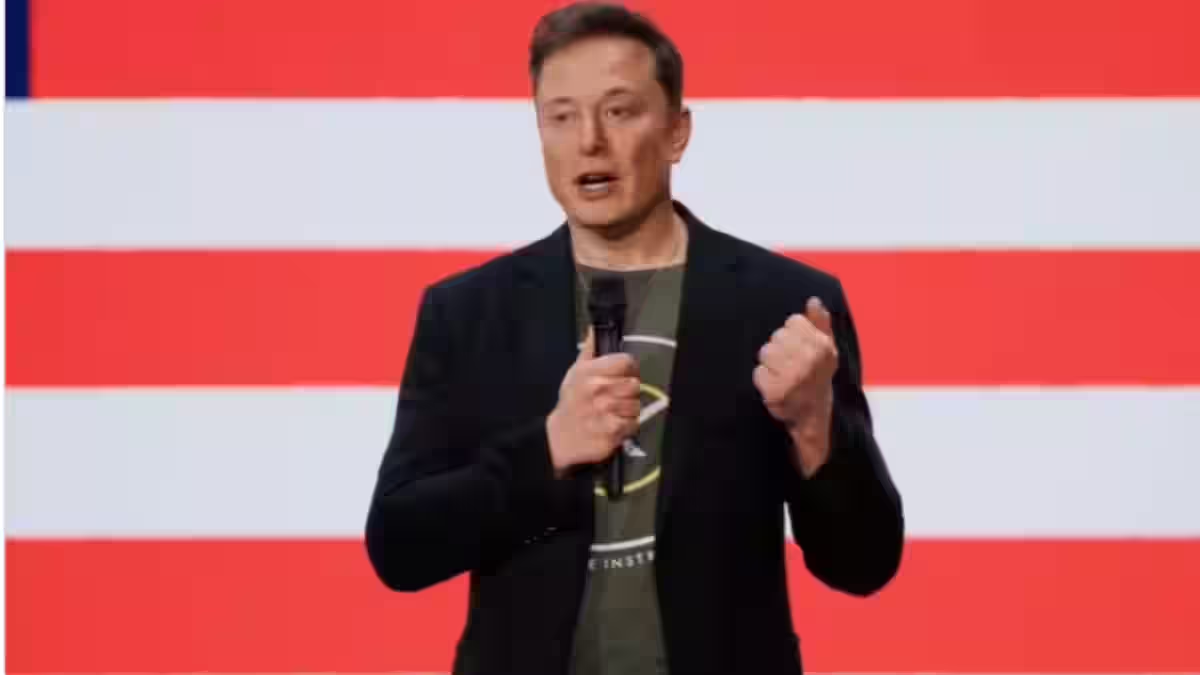Elon Musk, the world’s richest person and a revolutionary in the tech industry, has consistently questioned the value of traditional college education.
Musk, along with other major figures like Apple’s Tim Cook and Google’s Sundar Pichai, believes that college degrees are overrated, arguing that they do not necessarily guarantee success or impart practical, useful skills.
His views challenge long-standing norms about higher education, and his perspective on alternative learning paths is gaining traction, particularly in industries driven by innovation and skills over credentials.
Musk’s thoughts on education reflect a shift towards a skills-based approach to success, and this has implications for the future of learning, job markets, and societal expectations.
Elon Musk’s Skepticism Towards Traditional Education
Elon Musk has never shied away from voicing his doubts about traditional education systems. He has reiterated time and again that a college degree is not a prerequisite for success, especially in fields driven by innovation and technology.
In one of his recent appearances in support of Donald Trump’s 2024 presidential campaign, Elon Musk restated his belief that college is “overrated.” Speaking at an event held in a Philadelphia suburb, he explained how people often spend years in college accumulating massive amounts of debt, only to graduate without the practical skills needed for the workforce.
Read : Elon Musk Promises $1 Million Award Each Day to Anyone Who Signs His Petition
Elon Musk argued that society has placed an inflated value on college education, often at the expense of other paths that could lead to successful careers. “Too many people spend four years, accumulate a ton of debt, and often don’t have useful skills that they can apply afterward,” he said.
Musk’s critique touches on the economic burden that comes with pursuing higher education, particularly in the United States, where the student debt crisis has become a major issue. For many, the financial strain of college isn’t justified by the returns in job prospects or skill acquisition.
While Musk himself holds degrees in physics and economics from the University of Pennsylvania, he believes that his formal education didn’t play a major role in his success. Instead, his journey has been shaped by hands-on experience, self-directed learning, and a passion for solving real-world problems.
This perspective is reflected in his businesses, such as Tesla and SpaceX, where he famously does not require employees to have a college degree to work for the company. In fact, back in 2019, Elon Musk tweeted, “You don’t need a college degree to work at Tesla,” emphasizing that skills and capabilities matter far more than credentials.

At the Satellite 2020 conference, Elon Musk went even further, stating that “You don’t need college to learn stuff. Everything is available basically for free.” This comment highlights the rise of alternative educational resources such as online courses, coding boot camps, and other self-taught methods that allow individuals to gain skills without going through the traditional four-year college route.
The internet has democratized access to information, making it possible for anyone with determination to acquire knowledge in various fields.
The Importance of Practical Skills
One of the core tenets of Musk’s argument is the emphasis on practical, hands-on skills. He argues that professions such as electricians, plumbers, and carpenters, which are often undervalued in a society obsessed with college degrees, are far more crucial than many academic qualifications.
Elon Musk acknowledged the vital role that skilled labor plays in the economy, saying, “I have a lot of respect for people who work with their hands. We need electricians and plumbers and carpenters, and that’s a lot more important than having incremental political science majors.”
This remark underscores the broader critique of certain academic degrees that may not offer a clear pathway to practical, in-demand jobs. While there is value in studying political science, history, or other humanities fields, Elon Musk’s argument speaks to the fact that these degrees may not always translate directly into employment opportunities or provide the skills needed in today’s rapidly evolving job market.
Elon Musk’s focus on practical skills aligns with his vision for his companies. At Tesla and SpaceX, employees are selected based on their ability to solve problems and contribute to innovation, rather than their educational background.
🚨ELON MUSK: "I think the value of a college education is somewhat overweighted. Too many people spend four years, accumulate a ton of debt and often don't have useful skills that they can apply afterwards.
— Autism Capital 🧩 (@AutismCapital) October 20, 2024
I have a lot of respect for people who work with their hands and we… pic.twitter.com/rGmxj4S3xC
Elon Musk himself is a prime example of this, having taught himself rocket science through books and self-study rather than through formal academic training. He has repeatedly shown that real-world experience, creativity, and problem-solving skills can be more valuable than a degree.
Elon Musk’s advocacy for practical skills reflects a broader shift in many industries, where employers are increasingly looking for candidates who can demonstrate their abilities through portfolios, projects, or hands-on experience rather than relying solely on academic credentials.
This shift is particularly evident in the tech industry, where coding boot camps, internships, and self-taught skills are often valued more highly than traditional college education.
Other Tech Leaders Share Musk’s Views
Elon Musk isn’t alone in his belief that college education is overrated. Several other prominent tech leaders share his skepticism about the necessity of a four-year degree. Apple CEO Tim Cook, for instance, has expressed similar views, stating that a college degree isn’t a requirement to be hired at Apple.
“We hire people from all walks of life,” Cook said in an interview with artist Dua Lipa. Cook emphasized that the company values skills and experience over formal education, noting that many Apple employees have unconventional educational backgrounds, including self-taught coders who never attended college.
This approach to hiring is becoming more common in the tech industry, where skills such as coding, design, and problem-solving can often be learned outside of a traditional college setting.
Coding boot camps, online courses, and self-directed learning platforms like Coursera or Khan Academy provide opportunities for individuals to gain the skills needed to succeed in tech without the need for a four-year degree.
Steve Jobs, the co-founder of Apple, also had a critical view of traditional education. According to his daughter, Lisa Brennan-Jobs, Steve believed that college turned people into “bozos.” In her memoir, Small Fry, Lisa mentions that her father preferred self-directed learning and hands-on experience over formal education. Jobs, who famously dropped out of college, was a firm believer in pursuing one’s passion and learning through real-world experiences.

Similarly, Google CEO Sundar Pichai has commented on the societal expectations that place a heavy emphasis on education, particularly in countries like India. Pichai noted that if he had followed the academic path expected of him, he might have ended up with a PhD, making his parents proud but potentially missing out on the opportunities that practical experience in the tech world provided him.
His decision to focus on gaining real-world experience rather than academic credentials eventually led him to the top of Google, one of the most influential companies in the world.
These tech leaders share a common belief that passion, skills, and practical experience are more critical to success in today’s world than traditional academic paths. They argue that while college can provide a social experience and help develop certain soft skills, it is not the only route to learning or success.
The rise of the internet and alternative educational resources has made it easier than ever to acquire the knowledge and skills needed to thrive in the modern economy without going through a traditional college system.
Elon Musk’s views on the value of a college education reflect a broader trend in which traditional academic paths are being questioned, particularly in industries that value innovation, creativity, and practical skills. Elon Musk, along with other tech leaders like Tim Cook and Sundar Pichai, argues that a four-year degree is no longer necessary for success.
Instead, they advocate for a skills-based approach to education, where hands-on experience, problem-solving abilities, and self-directed learning are more valuable than a formal degree.
This shift has significant implications for the future of education and employment. As more companies embrace alternative educational paths and prioritize skills over credentials, individuals may feel empowered to pursue their passions and develop their abilities without the pressure to obtain a college degree.
While traditional education will likely continue to play a role in many fields, the growing emphasis on practical skills and hands-on experience suggests that the value of a college degree may indeed be overrated.

